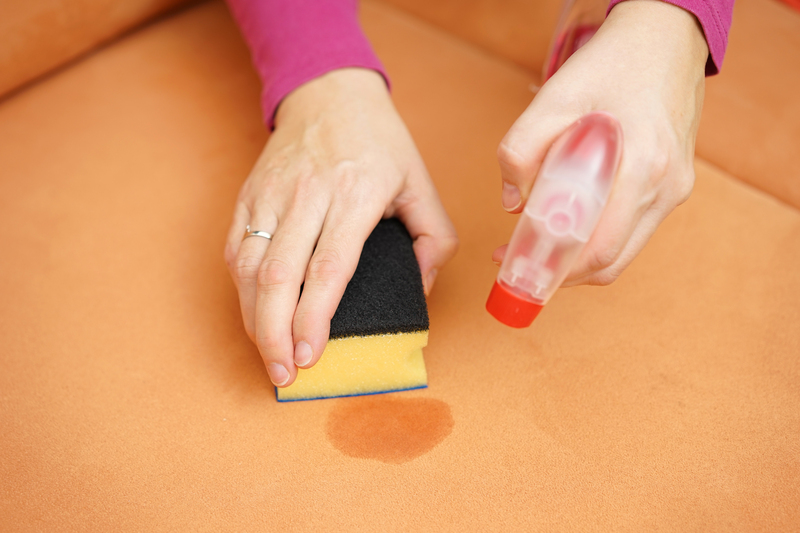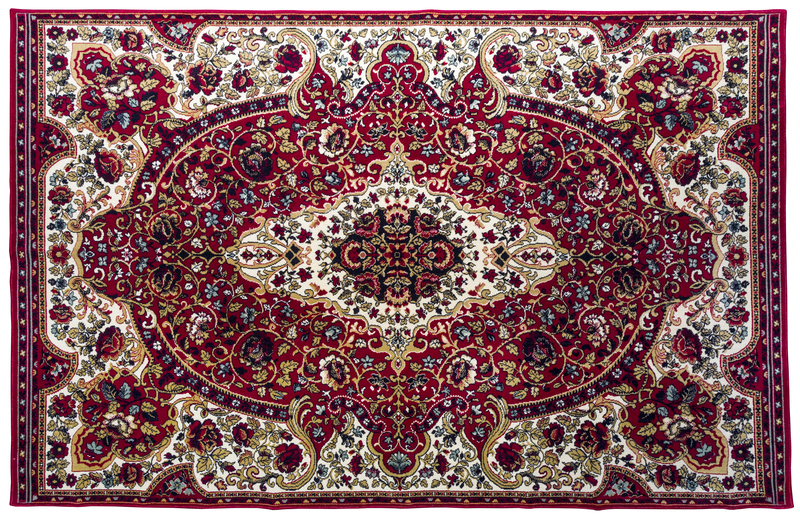Neat Space, Calm Mind
Posted on 03/09/2025
Neat Space, Calm Mind: The Psychology of Cleanliness
In the hustle and bustle of modern life, it's easy to let our living and working spaces fall into disarray. Yet, emerging research and age-old wisdom both suggest that a neat space can contribute significantly to a calm mind. The correlation between our physical environment and mental state has been a topic of growing interest in psychology, interior design, and wellness communities alike.

The Science Behind a Neat Space
Psychologists have long studied the impact of our environment on mental health and cognitive function. A cluttered space often leads to a cluttered mind. According to the theory of embodied cognition, the physical surroundings influence cognitive processes. A disorganized space can bombard our brains with excessive stimuli, leading to overstimulation and increased stress.
Research conducted by Princeton University Neuroscience Institute shows that clutter can restrict our ability to focus. When your environment is cluttered, the chaos restricts your ability to concentrate, limiting your brain's capacity to process information. Decluttering, on the other hand, can provide a structured, serene atmosphere where the mind can thrive.
Benefits of a Tidy Environment
Living or working in a neat space offers numerous advantages. Not only does it reduce stress, but it also enhances productivity and promotes a sense of well-being. Below, we delve into some of the most compelling benefits:
1. **Enhanced Focus**: As mentioned, a tidy environment minimizes distractions, enabling better concentration on the tasks at hand.
2. **Reduced Stress**: A clutter-free space can reduce the stress hormone cortisol, creating a more tranquil environment.
3. **Improved Creativity**: A clean slate often serves as an inspiration, fostering creative thoughts and solutions.
4. **Better Physical Health**: Less clutter can also mean fewer allergens and reduced risks of tripping hazards.
Practical Steps to Achieving a Neat Space
Transforming your environment doesn't have to be an overwhelming task. Here are some practical steps to assist you in creating a tidier living or working area:
1. **Declutter Regularly**: Adopt the habit of decluttering periodically. Set aside time each month to go through your belongings and decide what to keep, what to donate, and what to discard.
2. **Organize Efficiently**: Use storage solutions like shelves, bins, and cabinets to keep items organized. Labeling can also help in maintaining order.
3. **Create Zones**: Designate specific areas for different activities. For instance, have a dedicated workspace, reading nook, and leisure area.
4. **Limit Acquisitions**: Be mindful of new items you bring into your space. Each new item should have a purposeful place in your home or office.
5. **Daily Maintenance**: Incorporate small daily habits like making your bed, doing the dishes after meals, and putting items back in their designated spots.
The Minimalist Approach
Minimalism is gaining traction as a lifestyle choice that can significantly contribute to a calm mind. By focusing on essentials and eliminating excess, minimalism encourages a clutter-free, simple living environment that fosters mental clarity and tranquility.
Minimalism isn't about deprivation but intentionality. It encourages us to keep only those items that bring joy or serve a functional purpose, thereby reducing unnecessary mental and physical clutter.
Mindfulness and Your Space
Mindfulness practices such as meditation and yoga often emphasize the importance of a serene environment. A clutter-free space can significantly enhance your mindfulness practices by providing a peaceful atmosphere devoid of distractions.
When your environment is organized, your mind finds it easier to settle into a state of calmness. Adding elements like indoor plants, soft lighting, and calming colors can further elevate the serenity of your space.

Decluttering as a Form of Self-Care
The act of decluttering can also be therapeutic. It offers an opportunity to evaluate what you value, enabling you to make more conscious decisions about your possessions and lifestyle. Engaging in decluttering can be a form of self-care, giving you a sense of control and accomplishment.
Whether it's cleaning out a drawer or organizing your entire home, the process can instill a sense of achievement and well-being. Moreover, a well-ordered space serves as a reflection of an organized, balanced mind.
Conclusion
In summary, the correlation between a neat space and a calm mind is backed by both psychological research and practical wisdom. A tidy environment not only reduces stress and enhances focus but also fosters creativity and overall well-being. Practical steps like regular decluttering, organizing efficiently, and adopting a minimalist approach can significantly improve your living and working spaces. Finally, treating the act of organizing as a form of self-care can further enrich your life, leading to a more balanced and serene existence.
So next time you find yourself feeling overwhelmed or stressed, take a moment to tidy up your surroundings. You might be surprised at how this simple act can transform your mental state, contributing to a calmer, more focused, and productive you.
Latest Posts
AGA Cookers vs. Rayburn Cookers
Choosing the Best Carpet for Your Home
Eliminating Grease Stains on Clothes





